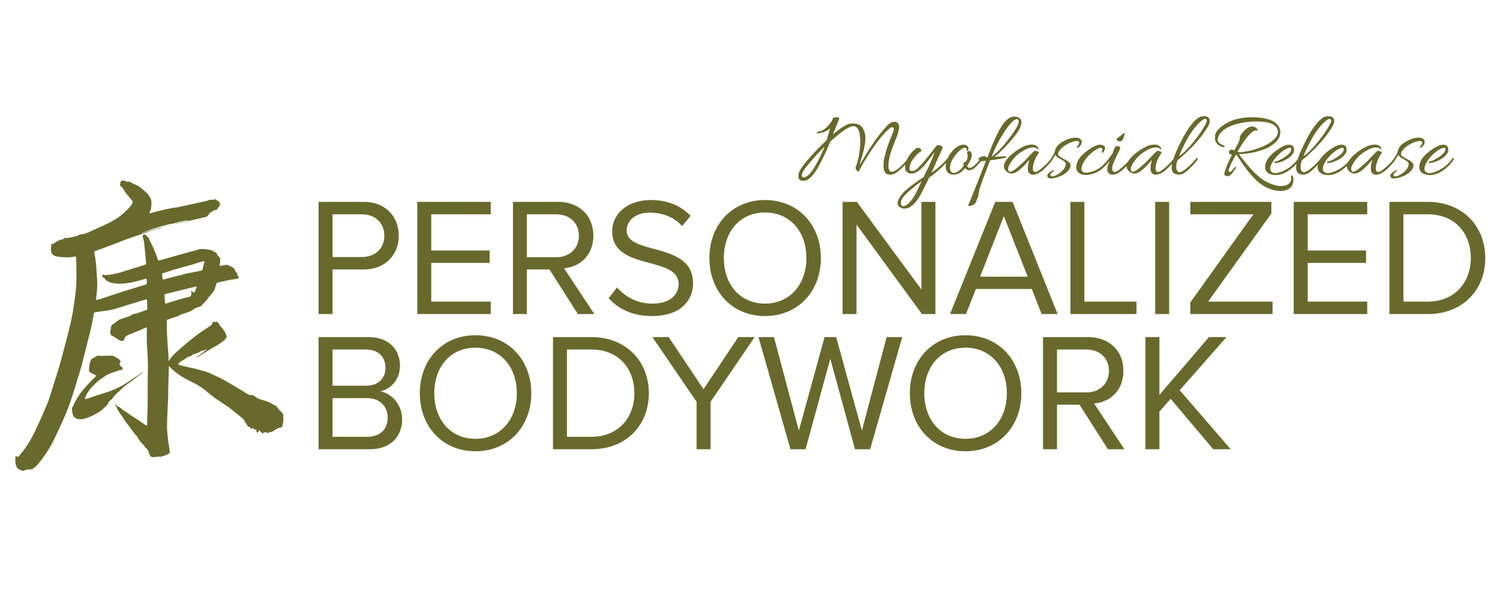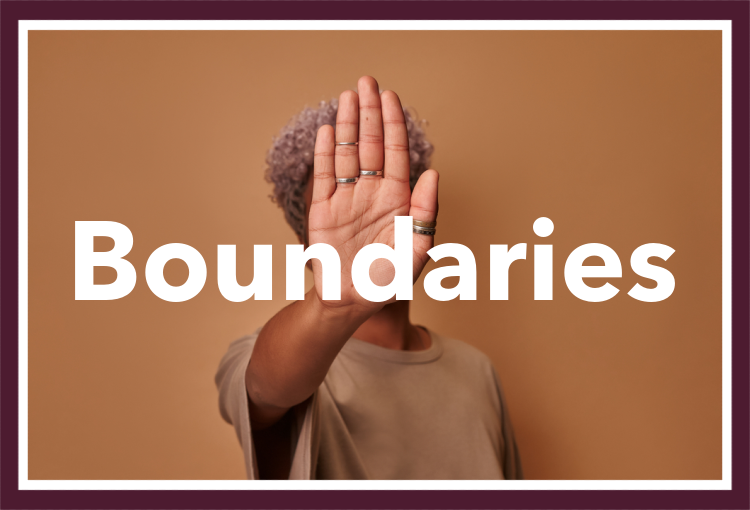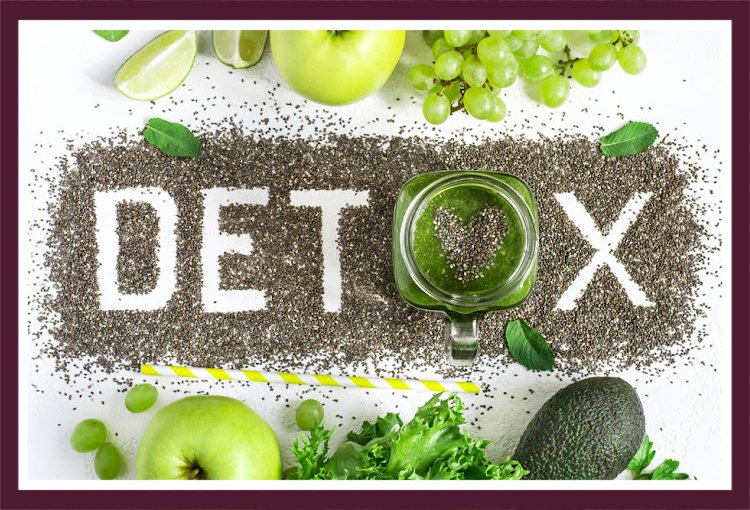Building Positive Media Habits...
/There are many reasons why we experience stress, and exposure to negative or confusing media messages and news stories can be one of them. In previous generations, our exposure to media was not 24/7: We might have read a daily newspaper, picked up a magazine, or tuned into the evening news on television, but we weren’t subject to a never-ending news cycle.
While staying informed is important, so is your mental health. Below are some ideas for developing healthy media habits.
Mobile devices and Wi-Fi networks mean that most of us are never far away from the news. As a result, many of us have developed media habits that we aren’t even aware of. When you understand how, when, where, and why you check the news, you’ll have a better understanding of what you need to do to make healthier choices.
Here are some common media habits that you might have adopted over the years:
Checking your phone first thing in the morning: Many of us instinctively reach for our phones the first thing in the morning. While we might be doing this to check if we’ve received texts or phone calls while we were sleeping, we might also find ourselves checking social media accounts, which expose us to news stories in our feeds.
Setting up notifications from news sources on our devices: Many news platforms allow you to opt in to receive headline notifications throughout the day.
Skimming articles or only reading headlines: Many people have developed a habit of only skimming online articles or even just checking out article titles and assuming that they understand what the article actually describes or says. There is also the temptation to share articles and videos on social media without having read the content first.
While these habits may appear harmless, they can also contribute to stress, media burnout, and fundamentally misunderstanding news stories. Online news consumption can also limit the kinds of stories you learn about in the future: Websites and apps track the stories you read and tend to serve up more of the same, rather than exposing you to different topics and viewpoints.
Fortunately, there are healthier ways to responsibly view, listen to, and watch the news.
Reduce Media Exposure
Many parents actively restrict screen time for their kids. We adults can do the same for ourselves. One easy fix is to eliminate real-time notifications on your phone and other devices. If you want to be reminded to check the news, set up your own notifications through a calendar app for once or twice a day.
Other habit changes that you can make include:
Hold off on checking your phone first thing in the morning. Get out of bed, make your bed, pray or meditate, and pour yourself a cup of coffee or tea before opening your phone. If you are truly concerned about missing an important message, check your list of call notifications and text messages and then put your phone back down.
Be deliberate about social media: Avoid checking your profiles and direct messages on impulse. Schedule social media time as you would any other task.
Avoid online arguments: While it may be upsetting to read a comment that you feel is ignorant, wrong, or mean-spirited, consider whether it is truly worth your time to get into an argument with a stranger. If you encounter a viewpoint that upsets or confuses you, consider seeking out more information from an expert or talking to someone you know about the issue.
Return to Legacy Media
Another option is to get your news from legacy media, including hard-copy newspapers and magazines, radio news shows, and broadcast television news. These choices do require more discipline: You’ll have to sit down and page through print news sources and you’ll have to schedule viewing TV and radio news shows.
There are advantages to these options, however. Instead of picking and choosing stories from a feed, you’ll get the whole of the news as it is reported. You might be surprised to learn what is going on outside your “interest bubble.” When you read paper media, listen to an actual radio (not a streaming service), or watch a show on regular television, you aren’t feeding an algorithm with your preferences and interests. This means that the time you invest in reading, listening, or watching the news is more productive.
Another advantage to legacy media is that you won’t be bombarded with comments from others. You won’t take time reading or responding to them. You can use your precious time for more important activities!
Making changes in media habits can be difficult, particularly in a culture that reinforces being plugged-in at all times. Like any wellness effort, persistence, being intentional, and a willingness to try different approaches are all important in developing positive media hygiene.








